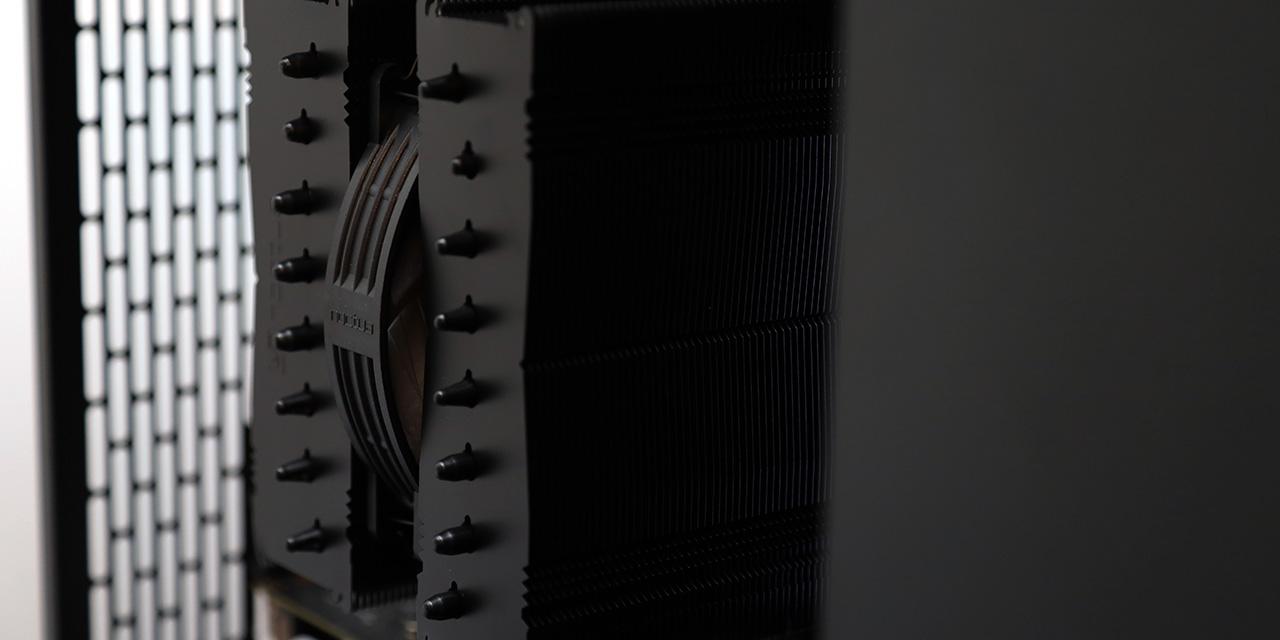
By: Ben Joubert
December 20, 2024
More often than not, I find it harder to decide on a product to buy. So much of what is out there is highly marketed to appeal to the general public. This means products are often trying to one up each another with different features in a bid to grab your attention, and ultimately, so you buy the product. One such example is an air fryer. Air frying, in practice, is no different than a convection oven. There is a heating element and a fan to move the hot air around. Since air fryers have gotten so popular, now everything that was simply a convection oven is being rebranded as air fryers. I did not even know what made air frying different until I looked into it. Add on to this simple rebrand is the variety of smart features, from preset modes to screens and even apps to control the air fryer, there are more and more things to sort through. Ultimately though, does the product do what it says it does, or do all these extra features get in the way of simply using the product? Sometimes, a simpler product with a simpler interface is more effective than one with all the extra features baked in. Today, we have the Epomaker RT80, which features a built-in screen. Will this screen be an added functional benefit to using a keyboard, or will it be an empty bid for more sales? Let us read on to answer these questions!

The Epomaker RT80 arrived with a few other products, including the CIDOO C75, Tide 65 QMK/VIA, Cypher 21, and RT65 to us here in Calgary, Alberta, Canada via Canada Post. This package made the long journey from Shenzhen, China, via a few different couriers, which is why Canada Post picked it up when it crossed the border here. The package was mostly intact with no clear areas of damage found anywhere. It is a bag, however, so hopefully the retail boxes survived the long journey.

The Epomaker RT80 has a fairly modern looking retail box. The exterior is mostly black with some white and blue accents. The front of the box highlights a few of the selling features of the RT80, which is the triple-mode gasket-mounted mechanical keyboard and the included mini display. Compatibility with both Windows and macOS is advertised on the front as well. The back of the box features a few more valuable features, like the wireless connectivity or the programmable RGB LED backlight. The rest of the box has miscellaneous information on it.
Before we move on, here are the specifications, as found on the manufacturer's website:
Brand: EPOMAKER
Model: RT80
Number of Keys: 83
Layout: 75%
Mount Type:Gasket
Stablizer Type: Plate-mounted
PCB Type: 3/5 Pin Hotswap PCB
Touch Screen Size: 1.54 Inch
Screen Resolution: 240*240RGB
Connection: Wired Type-C, Bluetooth, 2.4G Wireless
Backlit: RGB
LED Direction: South-facing
Case Material: ABS Plastic
Position Plate: Flex-Cut PC
Keycap Profile: Cherry
Keycaps Manufacturing technique: Dye-sub(Black)/Double-shot(Grey White)
Battery Capacity: 5000mAh
Anti-Ghosting: NKRO
Polling Rate: 1000hz under Wired&2.4G Mode;125hz under Bluetooth Mode
Compatibility: Windows/Mac
Dimension: 332 x 130 x 45mm
Weight: About 1.5kg

After opening the box, I was met with the Epomaker RT80 under a plastic shroud and covered in a soft plastic sleeve. Most of the accessories are tucked behind the cardboard cover, which includes several extra keycaps, switches, a keycap puller, and a cable. At each end of the cable, there are metal coverings, which provide a sleek contrast with the rest of the white rubber cable. The cable is 1.8m long, which is excellent for different setups. Overall, these are good included accessories to help make the keyboard your own and offer potential for replacing failing parts, providing plenty of flexibility.
Page Index
1. Introduction, Packaging, Specifications
2. A Closer Look - Hardware and Software
3. A Closer Look - Disassembly and Internals
4. Conclusion





